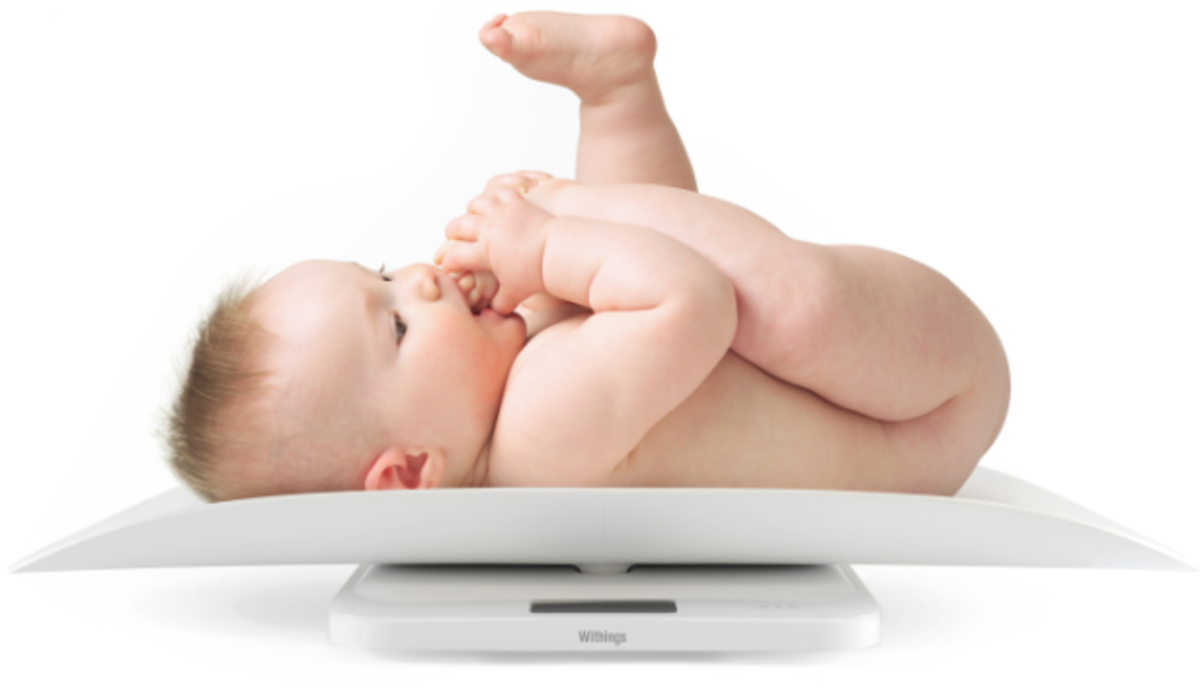Study Shows: Babies Who Get More Cuddles Have Their Genetics Changed For Years
The amount of contact a baby can get from the parents can make a progress to the child, a new study shows that the baby’s genetics are changing on a molecular level which can last for years. Snuggles, kisses, talking or just holding the baby in your hands gives more than just keeping it warm and secure.

There are also downsides to the babies that get less affection from their parents, if the baby doesn’t get attention and love from the parents, also end up with changes in their molecular level that can badly affect their genetics for ages.
The researchers from the University of British Columbia in Canada are pretty unsure what causes these changes, but also admit that these studies are new and need to pass time working out and solving it up. But they can get a useful insight into how touching and affection can affect the epigenome – the biochemical changes that influence gene expression in the body.
During the study, parents of 94 babies were asked to keep diaries of their touching and cuddling habits when the baby was not older than 5 weeks after birth, as well as logging the behavior of the baby – sleeping, crying and so on.
After the study, about 4 years later, the researchers took DNA swabs of the kids to create analysis for the biochemical modification called DNA methylation. It’s an epigenetic mechanism in which some parts of the chromosome are tagged with small carbon and hydrogen molecules, often changing how genes function and affecting their expression.

The researchers found out that there’s a change in the DNA methylation between the two groups of the kids, the one who’s had love and affection and the ones who had a “low contact” with their parents, at five specific DNA sites, two of which were within genes: one related to the immune system, and one to the metabolic system.
Furthermore, the biological ageing of blood and tissue was lower than expected in the kids who hadn’t much affection as babies, and experienced more distress in their early years, compared to their actual age. Similar findings were spotted in a study from 2013 looking at how much care and attention young rats were given from a very early age.
“In children, we think slower epigenetic ageing could reflect less favorable developmental progress,” says one of the team, Michael Kobor.
Gaps between epigenetic age and chronological age have been linked to health problems in the past, but the scientists say that it’s too soon to jump into those conclusions, they admit that they are still unsure how that will affect and, most importantly will have any affect when the child grows up, later in life. They have in mind that there were below 100 babies that were picked for research and showed that affection did changes in their genetic levels.
Of course we all know that the human touch is good for us and enriches our development through our lives, but this is also counting as the first study which can show physically through tests that it can change the epigenetic of human babies.
Source: Sciencealert
